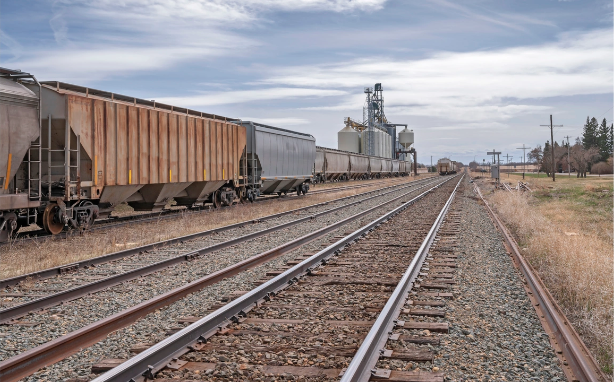Summary in Bullet Points:
- Canada’s two main railway companies, Canadian National Railway (CN) and Canadian Pacific Kansas City (CPKC), are on the brink of a strike that could severely impact both Canadian and U.S. supply chains.
- The contract talks between the Teamsters union and the railway companies have been ongoing since the agreements expired in 2023, with a strike or lockout potentially starting on Thursday.
- CN had requested a year-long extension to its existing deal in 2022 due to new federal rules on worker fatigue, delaying negotiations.
- CPKC has already issued a formal lockout notice but claims its U.S. and Mexican networks will continue to operate normally. CN also states that its U.S. network will remain operational.
- The American Chemistry Council (ACC) has raised concerns about the potential strike, warning that it could disrupt the North American freight rail network and significantly impact the U.S. supply chain.
- Chris Jahn, president and CEO of ACC, sent a letter to the U.S. National Security Council and the National Economic Council, highlighting the risks of supply shortages of vital products such as drinking water treatment chemicals, fuel, and agricultural goods in the U.S. due to a Canadian rail shutdown.
- Jahn emphasized the interdependence of U.S. and Canadian facilities, noting that the movement of chemicals across the border supports critical industries in both countries, with significant economic ties in the chemical sector.
- The potential rail disruption could particularly impact U.S. facilities in Texas, Louisiana, Pennsylvania, and New York, which rely on Canadian suppliers for raw materials.
Summary in Paragraphs:
Canada’s major railway companies, Canadian National Railway (CN) and Canadian Pacific Kansas City (CPKC), are facing a potential strike that could disrupt the majority of the Canadian freight rail system and have significant repercussions for the U.S. supply chain. Ongoing contract negotiations between the Teamsters union and the companies have been tense since their agreements expired in 2023, with the possibility of a strike or lockout as early as Thursday. CN had previously requested a year-long extension to its existing contract in 2022, following the introduction of new federal rules on worker fatigue.
The American Chemistry Council (ACC) has expressed serious concerns about the potential strike, warning that a disruption in Canada’s rail system could have widespread and long-term impacts on the U.S. supply chain. In a letter to the U.S. National Security Council and the National Economic Council, ACC president Chris Jahn emphasized the importance of the North American freight rail network, particularly in supporting the chemical supply chains between the U.S. and Canada. Jahn highlighted the risks of supply shortages of essential products, such as drinking water treatment chemicals and agricultural goods, and pointed out the economic interdependence of U.S. and Canadian industries, especially in the chemical sector.
A rail shutdown in Canada could have serious consequences for U.S. facilities in states like Texas, Louisiana, Pennsylvania, and New York, which rely on Canadian suppliers for raw materials. As of now, there has been no official response from U.S. authorities regarding this potential crisis.
